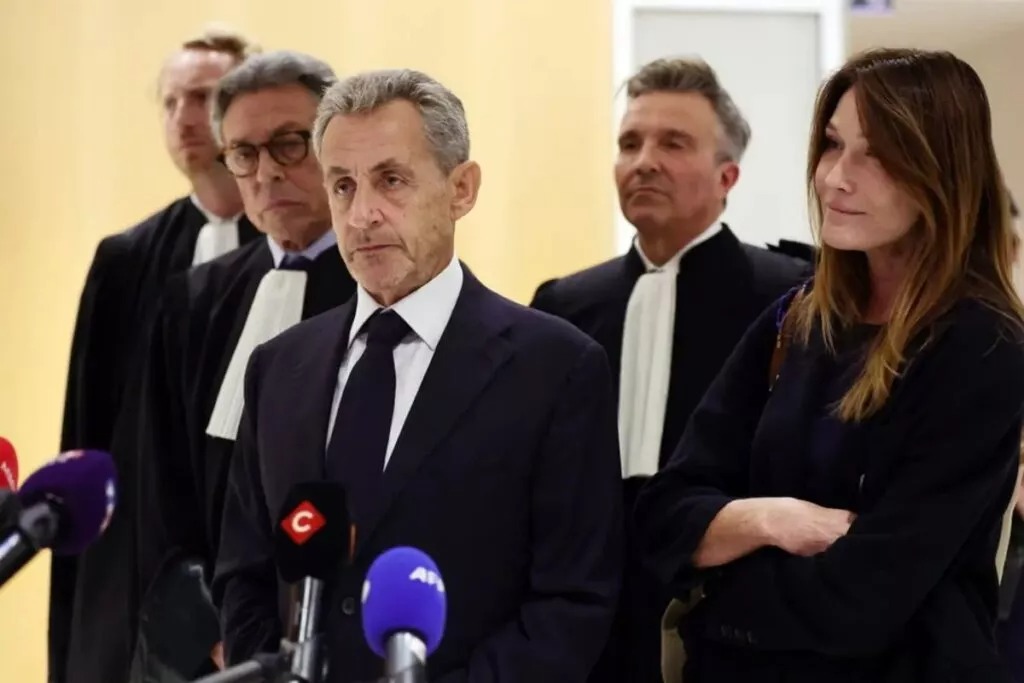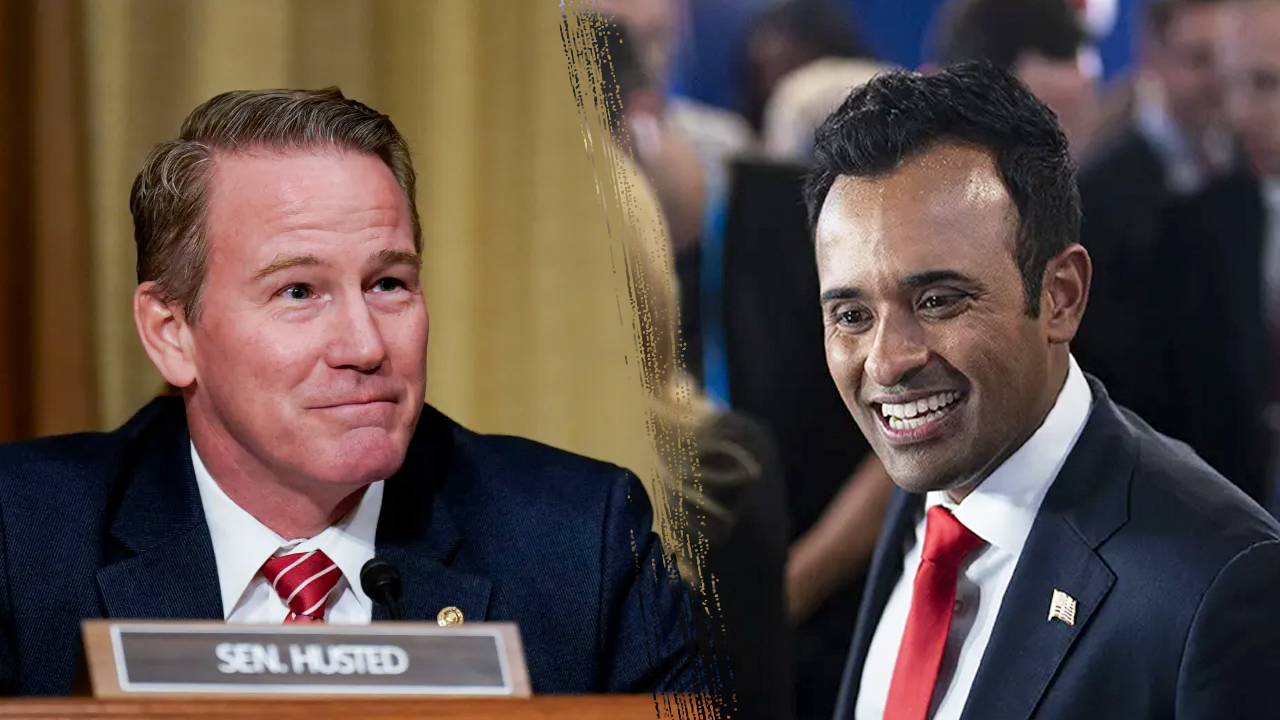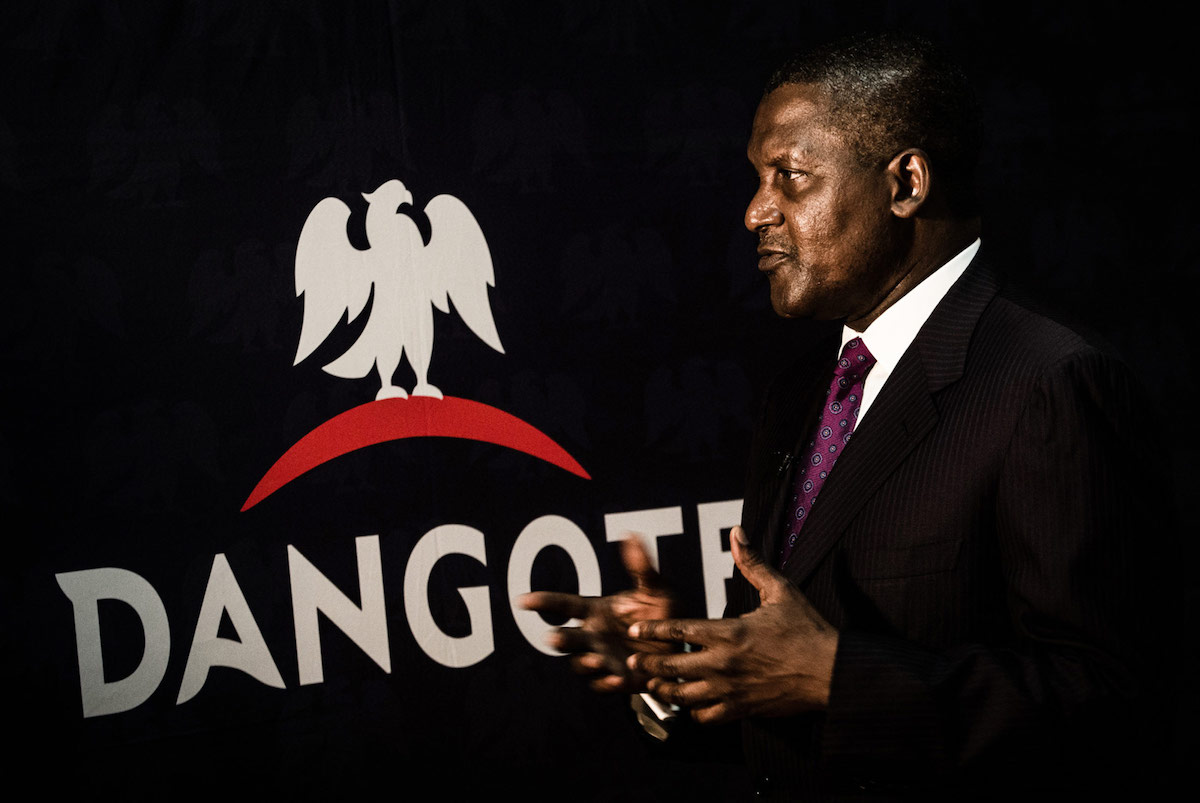By Panayiota Charalambous
Copyright philenews

The recent conviction of former French President Nicolas Sarkozy on corruption charges sent a clear message: even the most powerful can be brought to justice. The sight of a former head of state sitting in the dock and being convicted is not simply news. It is tangible proof that in a state governed by the rule of law, the law does not—and must not—discriminate.
The Sarkozy case is not just about France. It concerns every society grappling with the shadows of corruption, the silences of cover-ups, and the inability to deliver real accountability to those who wielded power.
For us here in Cyprus, the French example is an unflattering mirror. In our country, for decades, scandals erupt and fade with the same rhythm as they appear. From the Stock Exchange and “golden” passports to cases of mismanagement and abuse of public funds, our collective memory is filled with names and cases that caused shockwaves. And yet, how many times have we actually seen a high-ranking official convicted? Most cases end up in reports that are filed away, in acquittals, or simply in political oblivion.
This difference is not a matter of institutional luxury, but of democratic health. When citizens see that justice reaches the powerful, they feel the state functions for everyone and not just for the few. When, by contrast, impunity becomes the norm, then trust in institutions erodes and society becomes accustomed to the idea that “nothing ever changes”.
France, by convicting a former president, demonstrates that judicial independence is action, not declaration. In Cyprus, we continue to talk about “political will” and “institutional weaknesses”. And as long as we remain trapped in this inertia, the gap between the rhetoric of transparency and the practice of accountability widens.
Perhaps, then, Sarkozy’s conviction is for us more than an international political event. It is a reminder that justice can—and must—reach the very top. Because only then will we too be able to speak of a state governed by the rule of law that deserves the name.



